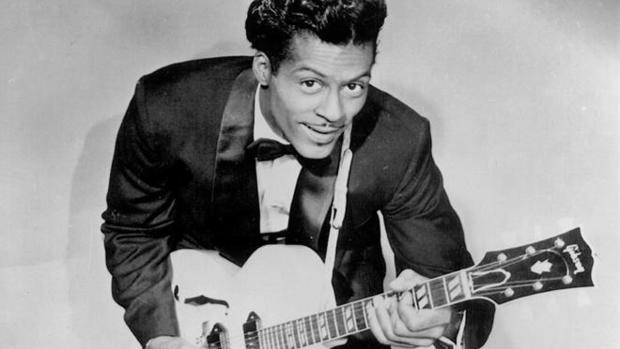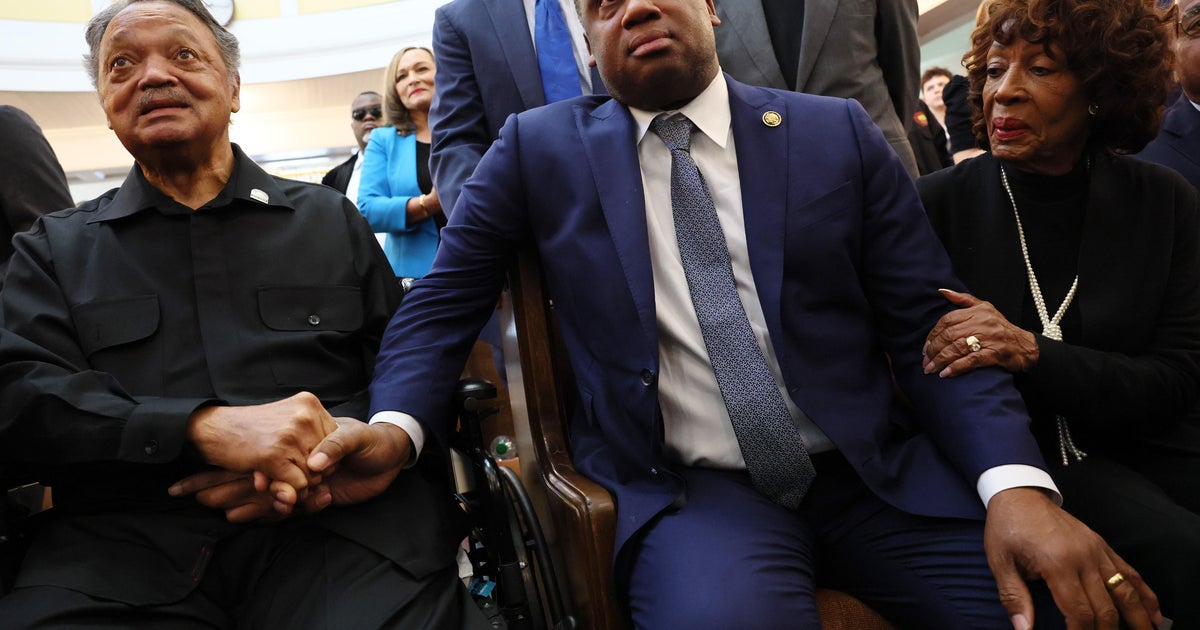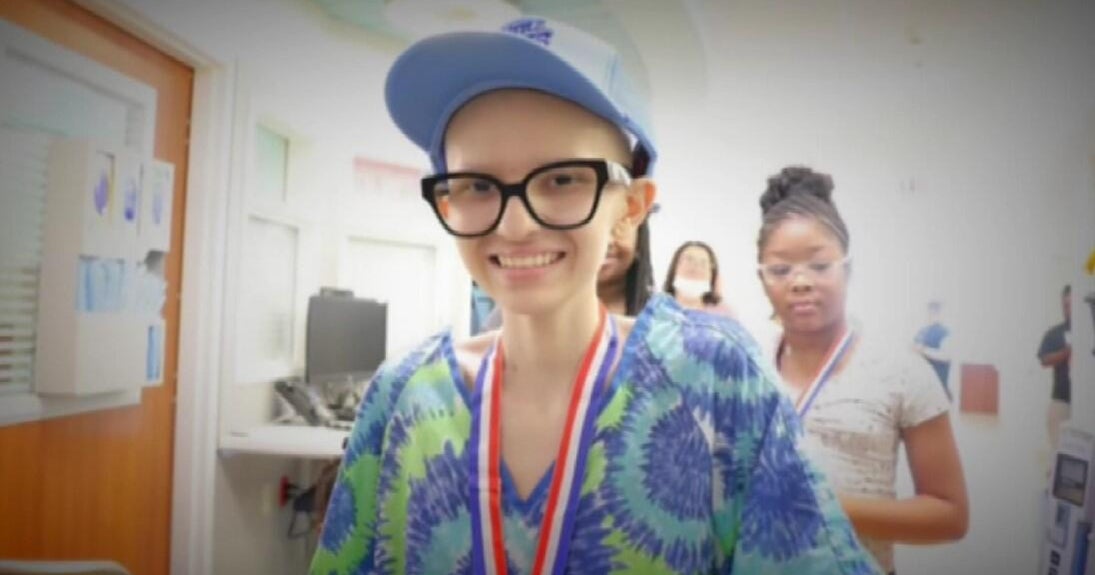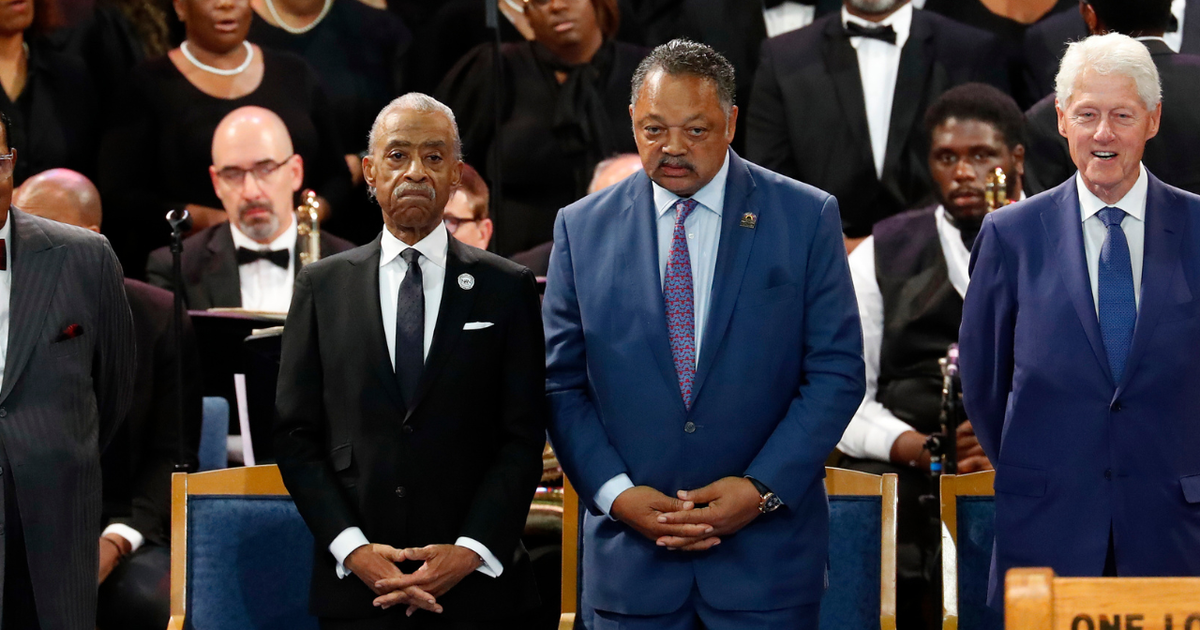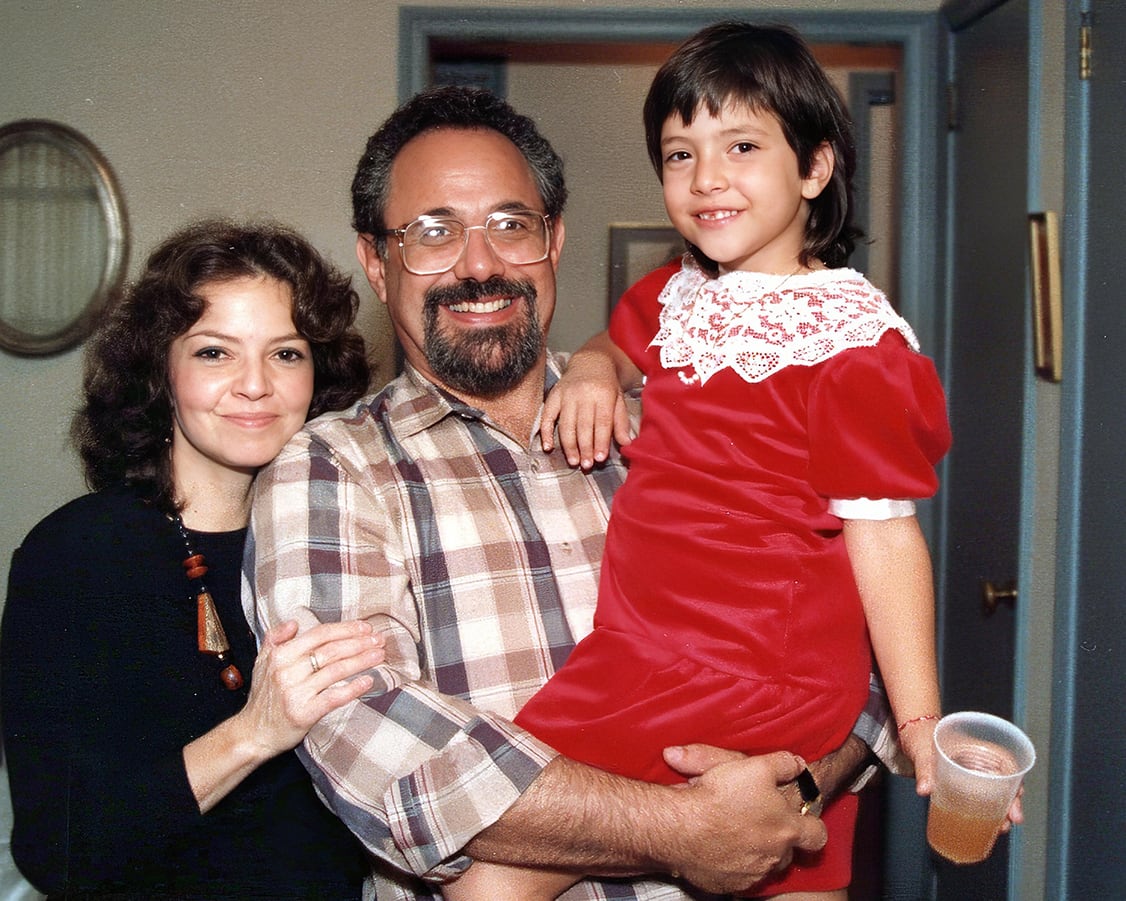Wayne Cochran, "blue-eyed soul" singer, dies at 78
MIAMI -- Wayne Cochran, the "blue-eyed soul" singer known for his towering pompadour, has died of cancer at his Florida home, according to his son Christopher Cochran. He was 78.
The singer, who was called the White Knight of Soul for songs like "Last Kiss," saw his heyday in the 1960s and '70s. He had fans from the Blues Brother to Rod Stewart and Elvis Presley, but he gave it all up to become a minister at a church he founded in Miami.
The Miami Herald reports the Blues Brothers took notice of one of his hits, "Goin' Back to Miami," and introduced the song to an '80s audience. Cochran and his band the C.C. Riders opened in Las Vegas for a commercially revived Presley.
But the life in the fast lane took a toll on him. Tired of partying, he broke up with his band in the 1970s and started the Voice for Jesus Church near Miami Gardens in a row of warehouses
Cochran, who was born in Thomaston, Georgia, told the Miami Herald in a 1983 interview that he was "a hillbilly with a sixth-grade education. I'm a rock 'n' roll singer. And yet, pastors will recognize the anointing and invite you in for four or five days to teach their flocks."
As a white teen growing up in west Georgia, Cochran was captivated by black music.
"I never heard race in the music. It was just music that spoke to me. It moved me," he told the Herald in 2011.
He moved to nearby Macon, and met soul singer Otis Redding. In 1960, he played bass with Redding's band on the single, "Shout Bamalama."
Cochran used the power of popular music for the rest of his life through ministry, saying his was not a typical church, but one where folks to come to get ecstatic, have a good time and boogie.
At one point, his church spiritually adopted 800 families living in housing projects in Miami's impoverished Liberty City.
"He was all about family," said his son Christopher, who is also a pastor. "Over the course of his 25-year career in the music industry he employed over 300 people with different members of the band and the people at his church. He always looked after people. He ran his building like a big family."
